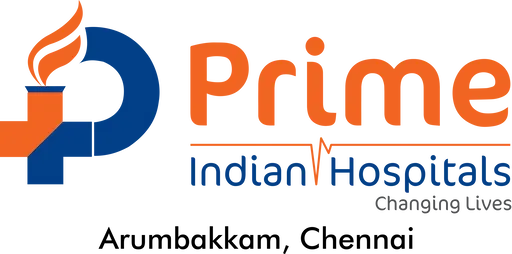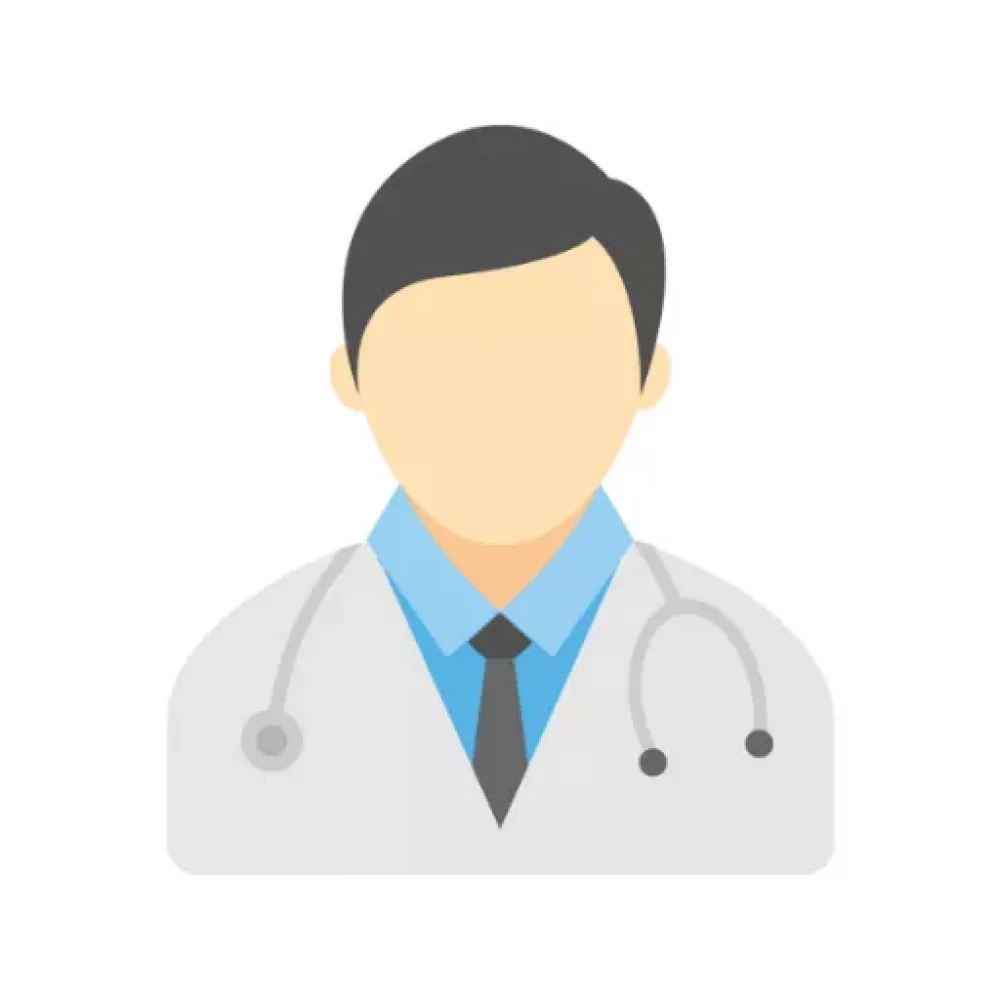High risk Pregnancy and Infertility when potential complications threaten the health of the mother, baby, or both. These complications may arise due to pre-existing conditions, age-related factors, or unforeseen medical issues during pregnancy. Women with chronic illnesses, multiple pregnancies, or a history of reproductive challenges require specialized care to ensure a safe delivery. Infertility, a condition affecting both men and women, is often linked to underlying health issues that may contribute to pregnancy risks.
Advances in medical science have significantly improved outcomes for high-risk pregnancies, ensuring better maternal and fetal health. Early diagnosis, continuous monitoring, and individualized treatment plans are essential to managing these conditions effectively. Additionally, geriatric medicine plays a crucial role in managing high-risk pregnancies in older mothers. With age, pregnancy-related risks increase, including complications like hypertension, gestational diabetes, and preterm labor. Geriatric specialists work closely with obstetricians to monitor the health of older mothers, ensuring a tailored approach to care.
The collaboration between maternal-fetal medicine and geriatric care ensures that older pregnant women receive optimal care, addressing both the complexities of pregnancy and age-related health issues. This integrated approach helps improve outcomes, reduce risks, and support both maternal and fetal health.
What is a High Risk Pregnancy?
A pregnancy is considered high-risk when medical conditions or external factors increase the chances of complications for the mother or baby. Various factors contribute to a high-risk pregnancy, including maternal age, pre-existing medical conditions, lifestyle factors, and multiple gestations. Women over 35 and teenagers are more likely to experience complications, making age a significant risk factor. Certain conditions like diabetes, hypertension, and autoimmune diseases can further elevate risks, requiring close medical supervision. Infections, genetic disorders, and previous pregnancy complications also play a role in determining the level of risk.
- Maternal age: Pregnancy risks are significantly higher in women under 18 and those over 35, as their bodies may not be fully developed or may face age-related complications.
- Pre-existing conditions: Chronic health issues such as diabetes, hypertension, and kidney disease can create severe pregnancy complications, requiring continuous medical supervision.
- Lifestyle factors: Unhealthy habits like smoking, excessive alcohol consumption, and obesity can negatively impact both maternal and fetal health, increasing the risk of complications.
- Multiple pregnancies: Carrying twins, triplets, or more increases the likelihood of premature birth, gestational diabetes, and other pregnancy-related complications.
- Previous pregnancy complications: A history of miscarriage, stillbirth, preterm labor, or preeclampsia could indicate a higher risk in future pregnancies, necessitating extra precautions.
Signs and Symptoms of High Risk Pregnancy and Infertility
High-risk pregnancies often present with warning signs that require immediate medical attention. Recognizing these symptoms early can prevent complications and ensure timely intervention. Expectant mothers should be aware of any unusual changes and consult their healthcare provider if they experience any concerning symptoms. Early detection is crucial in managing risks and improving pregnancy outcomes. Understanding these warning signs enables better preparedness and prompt medical intervention.
- Severe abdominal pain: Persistent or intense abdominal pain that does not subside may indicate serious conditions such as placental abruption or preterm labor, requiring urgent medical care.
- Vaginal bleeding: Heavy or prolonged bleeding, especially in the second or third trimester, can be a sign of miscarriage, placenta previa, or other serious conditions that need immediate attention.
- Severe headaches and blurred vision: Frequent and intense headaches accompanied by vision disturbances can be symptoms of preeclampsia, a condition that poses serious risks to both mother and baby.
- Decreased fetal movement: A noticeable reduction in fetal kicks and movements could indicate fetal distress, necessitating immediate medical evaluation to ensure the baby’s well-being.
- Swelling of hands, feet, or face: Excessive or sudden swelling, particularly when combined with high blood pressure, may be a sign of preeclampsia or other pregnancy complications.
Diagnosis
Diagnosing a high-risk pregnancy involves comprehensive medical evaluations and advanced diagnostic techniques. Healthcare providers use multiple methods to assess the health of both the mother and baby, ensuring early detection of potential complications. Routine prenatal care, combined with specialized tests, plays a crucial role in managing high-risk pregnancies. Regular monitoring allows healthcare professionals to tailor treatment plans based on individual needs.
- Ultrasound imaging: This non-invasive test helps assess fetal growth, detect developmental abnormalities, and monitor amniotic fluid levels to ensure a healthy pregnancy.
- Regular prenatal checkups to monitor maternal health, fetal growth, and detect any potential complications early for effective management.
- Blood tests: Routine and specialized blood tests help detect conditions such as gestational diabetes, anemia, infections, and other medical concerns that could impact pregnancy.
- Genetic screening: Screening for genetic disorders and chromosomal abnormalities can help identify potential risks and allow for early intervention if needed.
- Non-stress test (NST): This test monitors fetal heart rate and movements to assess the baby’s well-being and detect signs of distress.
- Amniocentesis: A diagnostic procedure in which a small sample of amniotic fluid is analyzed to check for genetic disorders, fetal infections, or lung maturity concerns.
Treatments
Managing a high-risk pregnancy requires a combination of medical interventions, lifestyle adjustments, and continuous monitoring. Treatment plans are tailored based on individual risk factors, ensuring the best possible outcomes for both mother and baby. With advancements in prenatal care, many high-risk pregnancies can be successfully managed, reducing the likelihood of complications. Early and consistent medical care is crucial in ensuring a safe and healthy pregnancy.
- Medication management: Physicians may prescribe medications to control high blood pressure, regulate blood sugar levels in gestational diabetes, or manage infections to ensure a stable pregnancy.
- Bed rest and activity restrictions: In some cases, minimizing physical exertion and staying on bed rest can help reduce the risk of preterm labor or other complications.
- Nutritional support: Following a well-balanced diet rich in essential vitamins, minerals, and proteins can promote maternal health and optimal fetal development.
- Close fetal monitoring: Regular ultrasounds, non-stress tests, and fetal heart rate monitoring help track the baby’s progress and detect potential issues before they become severe.
- Specialized delivery plans: Depending on the pregnancy condition, doctors may recommend a scheduled C-section or other medical interventions to ensure a safe and successful childbirth.
Prevention
While not all high-risk pregnancies can be prevented, adopting a healthy lifestyle and seeking proper prenatal care significantly reduce risks. Early planning and medical supervision play a key role in ensuring a smooth pregnancy journey. Addressing pre-existing health conditions before conception and making informed choices during pregnancy contribute to better maternal and fetal outcomes. Awareness and proactive measures can help mitigate potential complications.
- Preconception health check-ups: Consulting a healthcare provider before conception allows women to assess potential risks, receive guidance, and take necessary steps to improve their health before pregnancy.
- Managing chronic conditions: Keeping pre-existing medical conditions like diabetes, hypertension, and thyroid disorders under control can reduce complications during pregnancy and improve overall outcomes.
- Maintaining a healthy weight: Achieving and maintaining a healthy body weight through balanced nutrition and regular exercise supports overall well-being and minimizes risks of gestational complications.
- Avoiding harmful substances: Eliminating alcohol, smoking, and illicit drug use before and during pregnancy reduces the risk of birth defects, low birth weight, and other complications.
- Regular prenatal care: Attending all prenatal appointments ensures early detection of potential issues, timely interventions, and proper management of pregnancy risks for both mother and baby.
Conclusion
High-risk pregnancies require careful management, specialized care, and proactive health measures to ensure the well-being of both mother and baby. With advancements in medical care, early diagnosis, and proper monitoring, many complications can be effectively managed, leading to positive pregnancy outcomes. Prime Indian Hospital provides expert care for high-risk pregnancies and infertility, offering personalized treatment plans and advanced medical support. By prioritizing maternal health, timely interventions, and continuous monitoring, a safe and healthy pregnancy journey is achievable.














